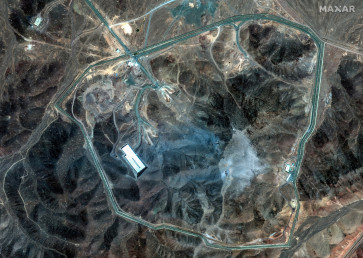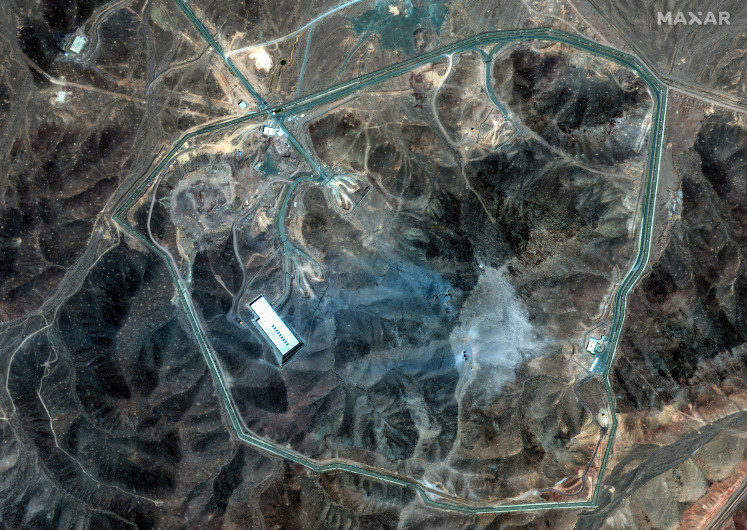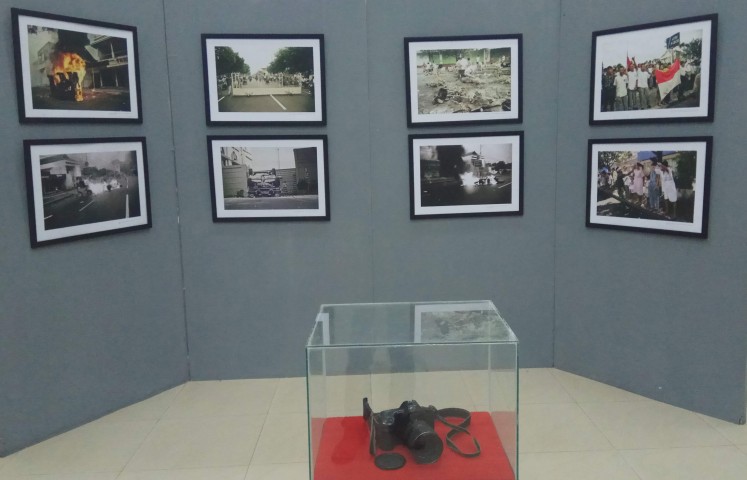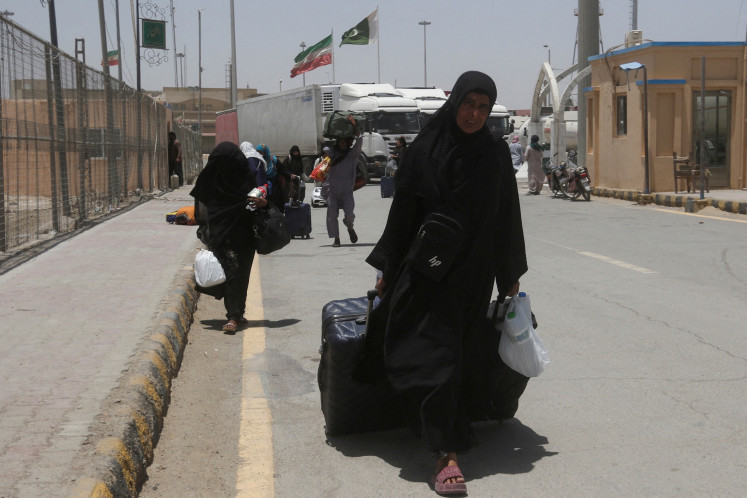Popular Reads
Top Results
Can't find what you're looking for?
View all search resultsPopular Reads
Top Results
Can't find what you're looking for?
View all search resultsFarmers need more than money, says CEO of agritech start-up Crowde
Agriculture peer-to-peer (P2P) lender Crowde provides farmers with seeds, equipment and training rather than cash, as CEO Yohanes Sugihtononugroho says that the platform aims to promote targeted loan use toward sustainable growth of farming as a business.
Change text size
Gift Premium Articles
to Anyone
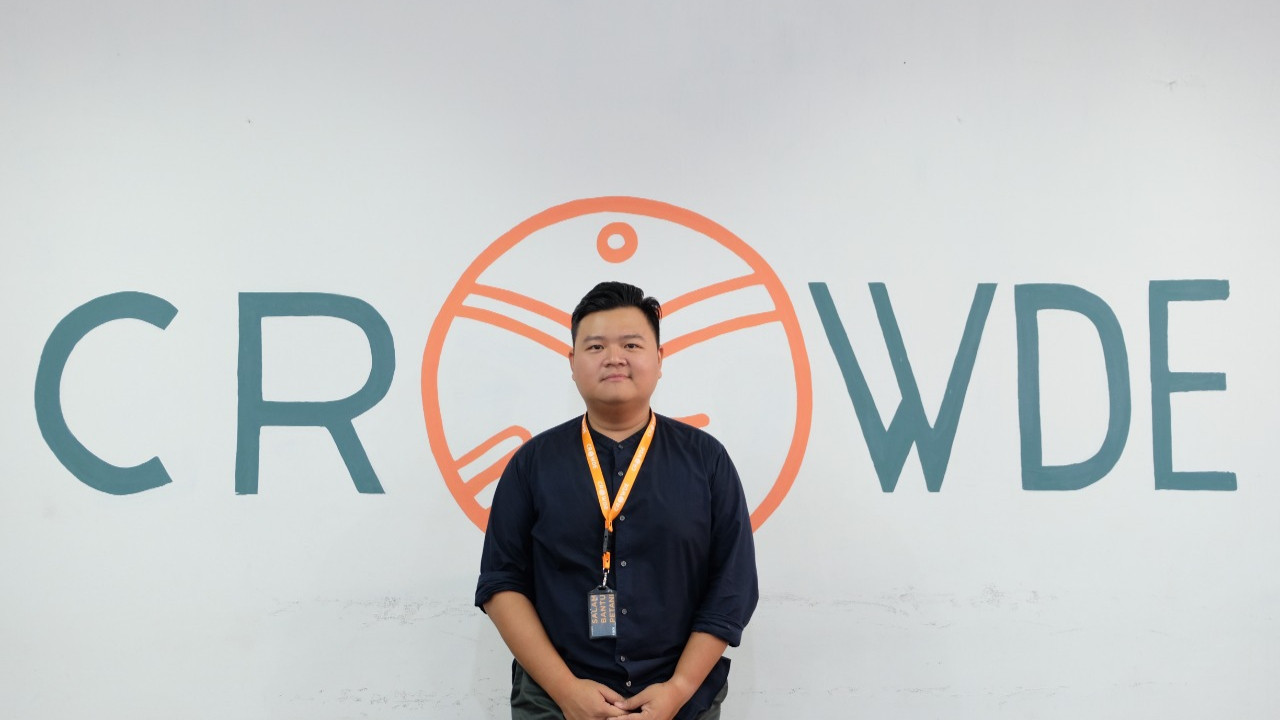
I
ndonesia is home to 33.4 million farmers, most of whom run small businesses with limited financial resources. A few start-ups are improving access to funds for farmers, but farmers need more than just money, according to agriculture start-up Crowde (www.crowde.co).
Crowde has provided noncash assistance totaling Rp 253.7 billion (US$17.77 million) in fertilizer, seeds and equipment, as well as long-term training, to tens of thousands of farmers since 2017.
The Jakarta Post’s Eisya A. Eloksari interviewed Crowde CEO Yohanes Sugihtononugroho on Sept. 24 to explore the start-up’s business model in a sector that seems nowhere near achieving its full potential. The following is an excerpt from the interview
Question: What inspired you to establish Crowde?
Answer: I became a farmer after graduating business school, but I was naive. I thought that being a farmer and living in the countryside would be nice. Turns out farming is not easy. I experienced crop failure and was a victim of fraud.
So although I did not have the talent to be a farmer, I still wanted to help them. I discovered that farmers, as part of the unbankable population, need financial support. There are also the challenges of middlemen and lack of access to farming facilities that I want to help them with, and that is why I established Crowde in 2015.
Could you tell us more about your business model, and why you opted for noncash loans?
We provide lending in the form of farming [supplies and equipment] like seeds instead of money, because we have seen farmers use the borrowed money to buy a motorcycle or use it for their wedding, which are completely unrelated to farming. We believe that all farmers need help, but not all are ready to be helped. Money is a double-edged sword, and we want to minimize its misuse.
Aside from capital assistance, we also provide long-term technical support, such as training them in planting seeds, picking the best crop for cultivating and connecting with offtakers.
How has the pandemic affected Crowde?
Our business is currently stable with a 90-day success loan settlement rate (TKB90) of 97.89 percent in September. We saw a slightly lower TKB90 in the early days of the COVID-19 pandemic. This was due to the mobility restrictions […] that resulted in longer transportation times. The economic downturn has also forced several restaurants to close, which also decreased the number of offtakers.
However, agriculture has been one of the most resilient sectors during the pandemic, and the industry is growing as people who lost their jobs in the cities move back to the villages to become farmers.
With agriculture being a resilient industry, what is your take on the future of farming in Indonesia?
The human population is growing more rapidly than our ability to produce food. As long as people eat and the environment can support farming, agriculture is always going to be attractive.
But we need to [ensure] the industry’s sustainability. Indonesian farmers are getting older. Do we have a new generation of farmers? Can the soil we have been cultivating over the years with chemical fertilizers be revived?
I think the agriculture industry as a whole will continue to grow. It is just a matter of how Indonesia can increase its farming capacity to fulfill its food demand.
What are the challenges for the agriculture industry?
The number one challenge is changing the farming culture. Farmers often do not see farming as a business, so they mix their household budget with their farming budget. This leads to farmers saying, for example, that they do not have enough money to buy fertilizer because they already spent it on household [needs]. They should, in fact, calculate their capital expenditure and have a profit projection.
They also need information on market demand. We do not have that data right now, and this is turning our farmers into copycats. If they see [other] farmers succeed in cultivating porang [elephant foot yam], they will all plant porang, not taking into account [consumer demand].
What is your business plan going forward?
We have helped around 28,000 farmers so far, and we would love to welcome more farmers to join our platform. We also want to expand our [reach] to Nusa Tenggara, Kalimantan and Sulawesi, as these areas have huge potential.
Crowde focuses on helping our farmers grow their businesses and is committed to being by their side for the long run, so we are focused [for now] on building a sustainable business to support smallholder farmers, so that we don’t rely on further funding, rather than focusing on executing our [long-term] vision.



